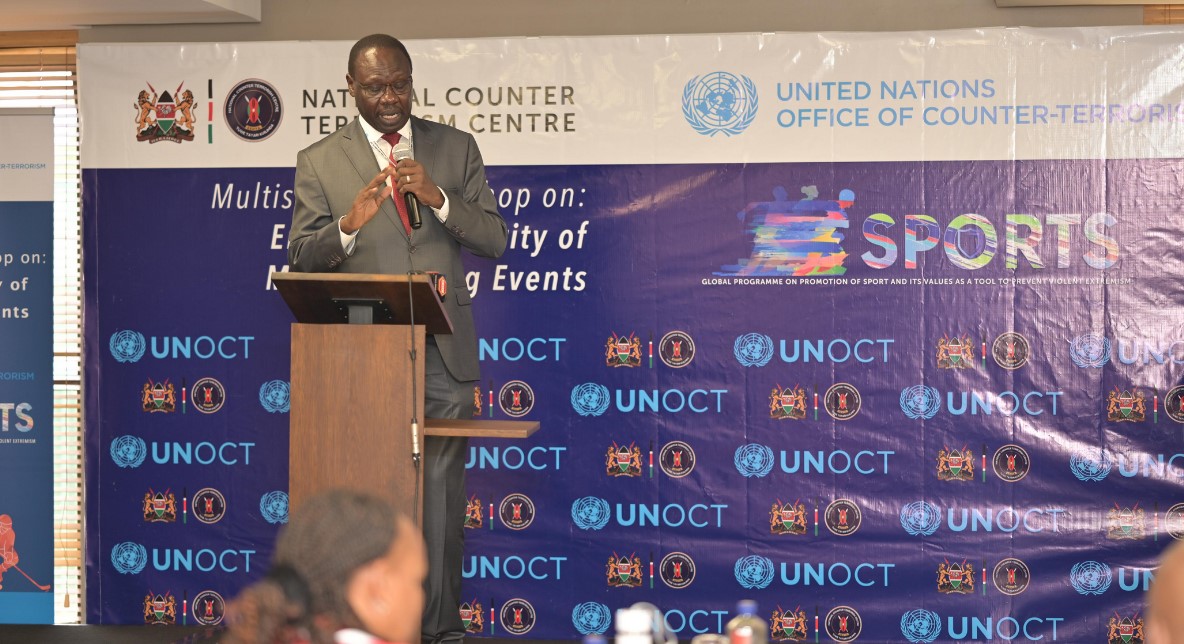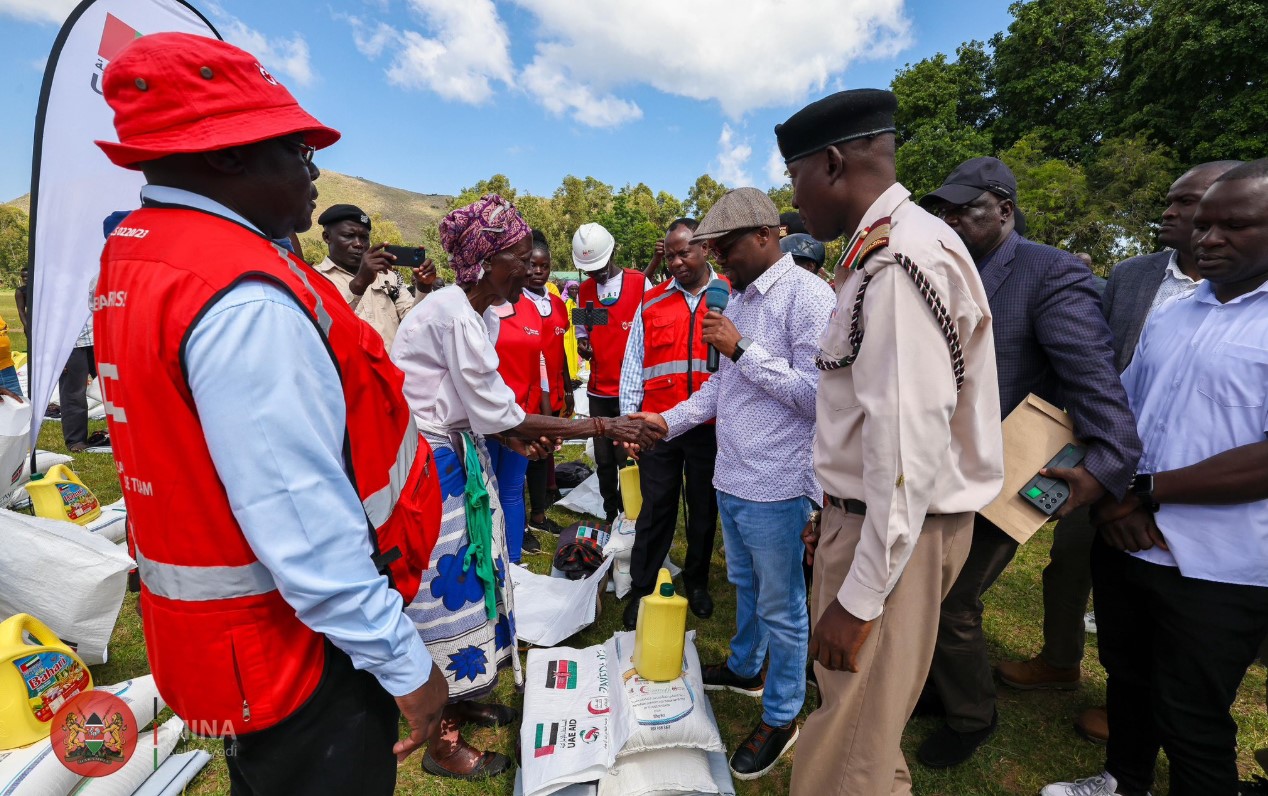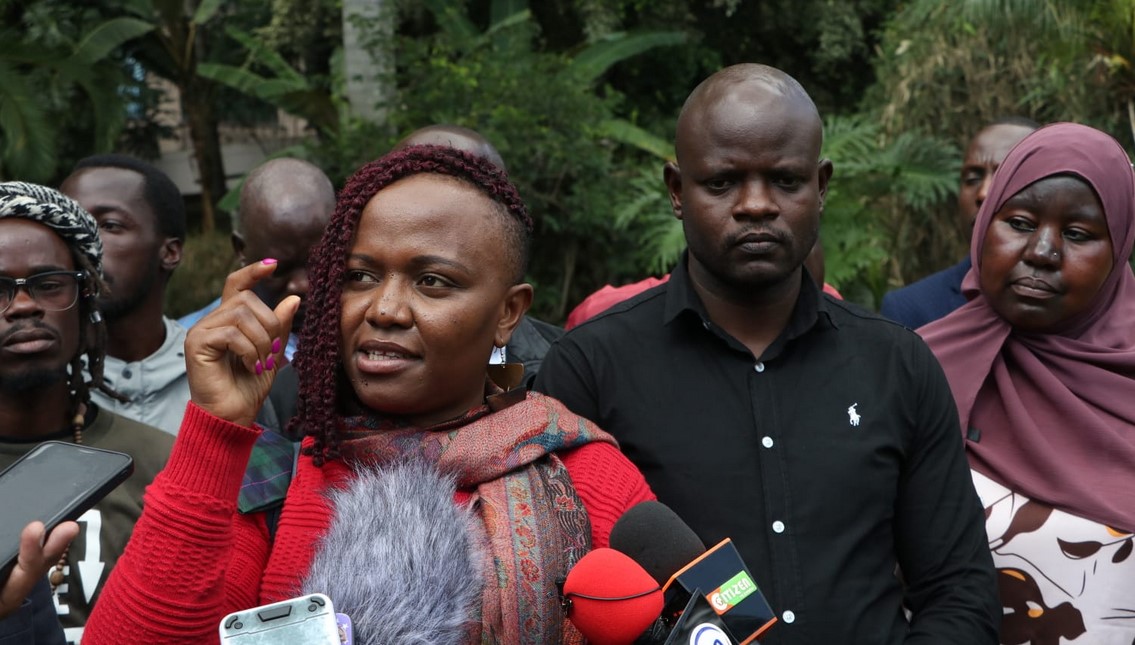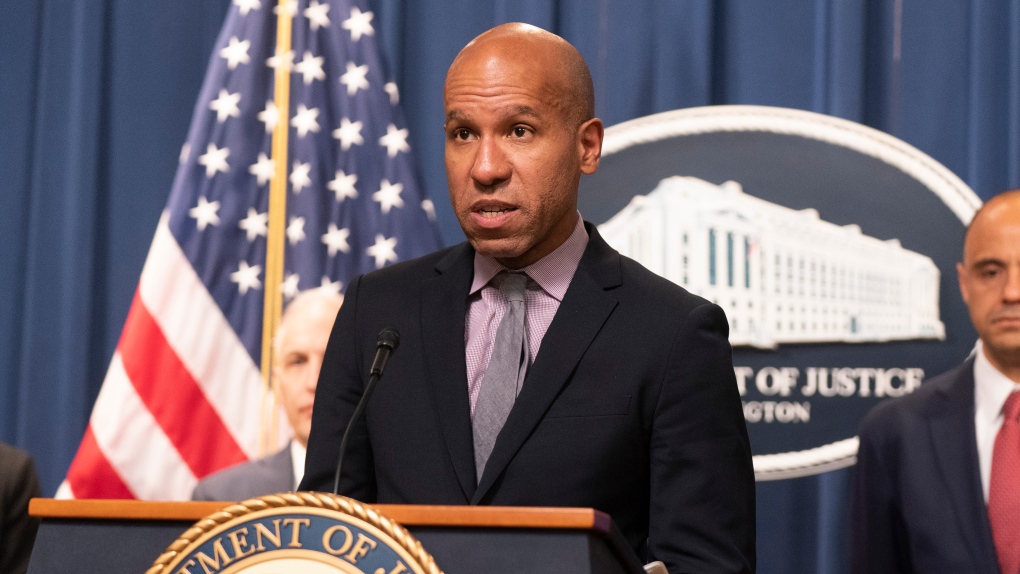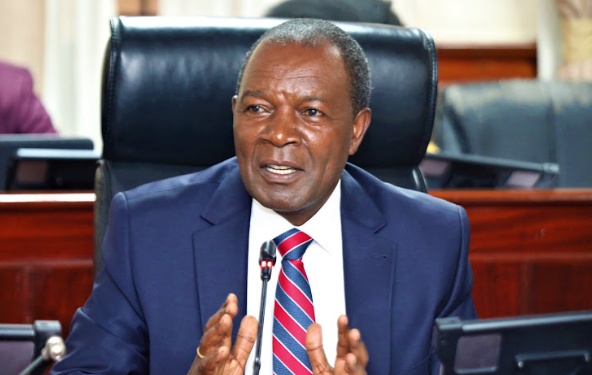Money laundering: Six NGOs call for action after Kenya grey-listed

By Mary Wambui |
The call follows Kenya's addition to the grey list of the Financial Action Task Force (FATF), over deficiencies in anti-money laundering laws and enforcement regimes.
Six human rights organisations want the government to enact reforms to strengthen its anti-money laundering and counter-terror financing guidelines to show commitment to addressing illicit activities that threaten national stability and integrity
The call follows Kenya's addition to the grey list of the Financial Action Task Force (FATF), over deficiencies in anti-money laundering laws and enforcement regimes.
Keep reading
- Era of wash wash? Alarm over increased money laundering as suspicious transactions surge
- Mandera man serving 10-year jail term for terrorism charges released after successful appeal
- Financial Reporting Centre warns of terror financing risk in Kenyan banks
- Why Kenya is focusing on banks as it tightens laws to stop money laundering
In a statement, the six organisations said Kenya is likely to suffer varying consequences of the grey-listing if it does not take timely action.
The organisations are Global Financial Integrity (GFI), Transparency International Kenya (TI-Kenya), Civil Forum for Asset Recovery (CiFAR), African Forum and Network on Debt and Development (AFRODAD), Institute of Public Finance and Kenya Human Rights Commission (KHRC)
The organisations said the consequences include loss of foreign aid and investments, increased compliance costs and obstacles in international trade payments.
"A decade after Kenya's removal from the FATF grey list, following meticulous efforts to address deficiencies highlighted in the 2010 Mutual Evaluation Report (MER), this recent setback plunges the nation back into the scrutiny of international financial watchdogs," the statement noted.
The FATF is the global money laundering and terrorist financing watchdog which sets international standards to prevent illegal activities and the harm they cause to society.
The watchdog first put Kenya in its grey list in 2011 and removed it in 2014.
In light of the new status, the six organisations recommended that the government involve stakeholders including the public in enacting and adopting whistle-blower protection laws in the fight against money laundering and counter-terror financing.
They also called on the government to uphold the independence of the Judiciary to enhance the prosecution of related cases and allow the prosecution of high-profile cases.
Additionally, they want the Public Benefit Organisations Act of 2013, which facilitates stricter regulation of the NGO sector, operationalised.
"There is a need to foster collaboration between the Law Society of Kenya and the Financial Reporting Centre to develop regulations and guidelines for reporting institutions and raising awareness within the legal profession on anti-money laundering and terrorism financing," they added.
Following Kenya's grey-listing in February, Treasury Cabinet Secretary Njuguna Ndung'u acknowledged the need to enhance monitoring to ensure compliance, saying the country had demonstrated compliance in some areas but was facing challenges in others.
Ndung'u said President William Ruto's administration assessed the report and embarked on several interventions and initiatives to implement recommended actions.
One significant achievement, he noted, was the enactment of the AML/CFT (Amendment) Act, 2023, which involved a comprehensive overhaul of existing legislation.
Reader comments
Follow Us and Stay Connected!
We'd love for you to join our community and stay updated with our latest stories and updates. Follow us on our social media channels and be part of the conversation!
Let's stay connected and keep the dialogue going!



